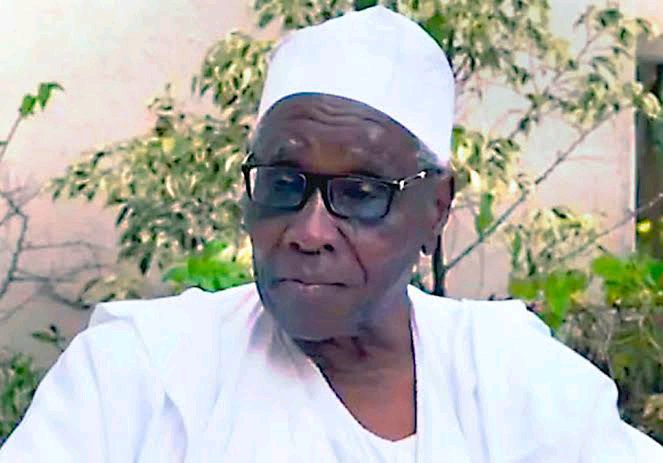Northern Nigeria’s political and civic leaders gathered in Kaduna for a major review of President Bola Tinubu’s administration, exposing internal disagreements over claims of regional marginalisation and the Federal Government’s performance.
According to The Punch, the two-day event, hosted at Arewa House by the Sir Ahmadu Bello Memorial Foundation, brought together former governors, ministers, traditional rulers, civil society leaders, and technocrats from across the 19 northern states. While some praised Tinubu’s developmental efforts and northern appointments, others voiced frustration over insecurity, economic exclusion, and perceived neglect.
Top government officials in attendance included Secretary to the Government of the Federation, Senator George Akume, Ministers of Information and Defence, the National Security Adviser, and military chiefs—all northern appointees under Tinubu.
The Chairman of the Northern Elders’ Forum (NEF), Professor Ango Abdullahi, cautioned that the continued marginalisation of the northern region in federal budgeting and infrastructure development posed serious threats to national unity and progress.
Professor Abdullahi, a respected elder statesman and former vice-chancellor of Ahmadu Bello University, Zaria, described the North’s situation as a national emergency, especially in the sectors of education, infrastructure, and economic inclusion.
He criticised successive governments for failing to tackle the rising number of out-of-school children in the region, attributing the crisis to inadequate funding and misplaced national priorities. He noted that Nigeria had about 20 million out-of-school children, with 80 per cent of them located in the North.
He argued that if even half of the N15 trillion national budget were allocated to education, the country could potentially eliminate the issue of out-of-school children by providing sufficient schools, teachers, and learning equipment. According to him, despite the scale of the crisis, the North continued to receive an unfairly small portion of the country’s education budget.
Professor Abdullahi stressed that the problem extended beyond the North, warning that an uneducated population posed a nationwide risk. He described his recent visit to parts of the Northeast, saying the road infrastructure in the region was the worst in the country. He added that some of the roads were not just in poor condition—they were completely nonexistent.
He argued that it was impossible to speak of national development while a major region remained disconnected, and insisted that a deliberate effort must be made to fix northern roads in the spirit of equity.
As a solution, he proposed that allocating N7.5 trillion to education and another N7.5 trillion to road infrastructure in the North could effectively resolve two of the region’s most pressing challenges.
Abdullahi also expressed strong reservations about the recent relocation of key departments of the Central Bank of Nigeria from Abuja to Lagos, describing the move as suspicious and divisive.
“Why the sudden relocation of CBN departments? Why the mass retirements? And why were 15 new directors recently employed, with only four from Northern Nigeria?” he asked.
He said the decision sends a troubling message to Northern Nigerians, many of whom already feel marginalised under the current administration.
“These are not coincidences. They are decisions with consequences, and the North is watching,” he said.
Explore More News By Using The Button Below.

